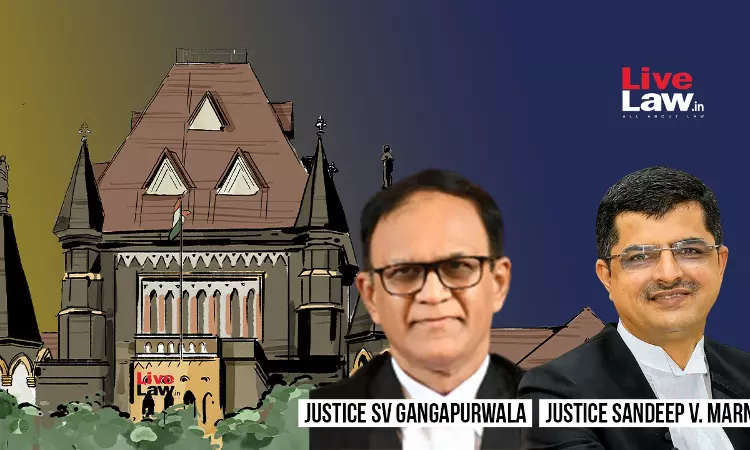Holding that Air India employees were granted accommodation on leave and license and not as a matter of right, the Bombay High Court has held that eviction of employees due to privatisation cannot be termed an Industrial dispute.A division bench of Justice SV Gangapurwala and Justice Sandeep V Marne dismissed a batch of writ petitions filed by employee unions of Air India challenging the...

